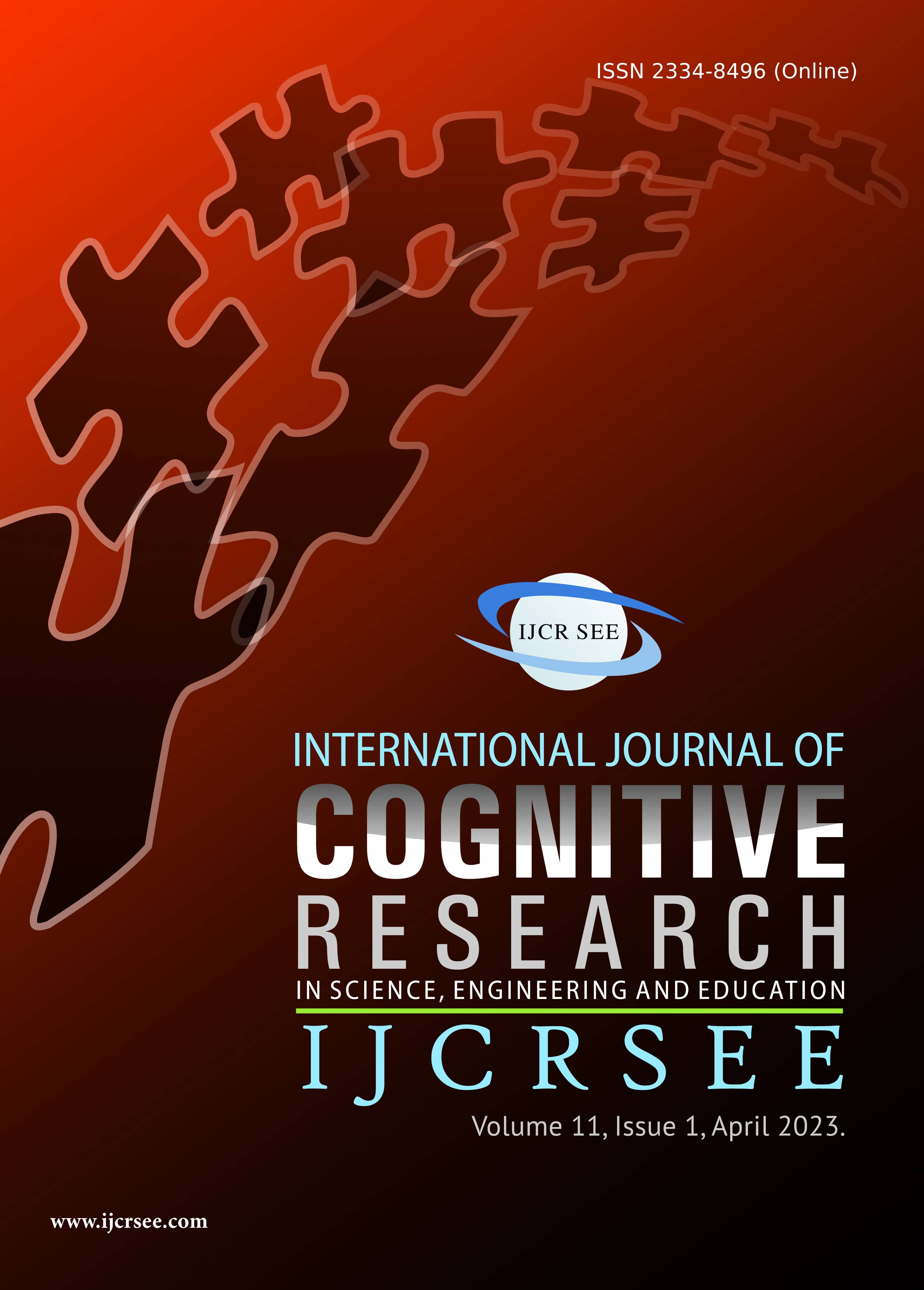The Effects and Effectiveness of An Adaptive E-Learning System on The Learning Process and Performance of Students
The Effects and Effectiveness of An Adaptive E-Learning System on The Learning Process and Performance of Students
Author(s): Igor Ristić, Marija Runić-Ristić, Tijana Savić Tot, Vilmoš Tot, Momčilo B. BajacSubject(s): Social Sciences, Education, Distance learning / e-learning, Pedagogy
Published by: Удружење за развој науке, инжењерства и образовања
Keywords: adaptive learning system; e-learning; learning style; Мoodle
Summary/Abstract: Students acquire learning material in different ways. Some prefer to read, some prefer to listen, others use the third type of sense. Traditional teaching uses only one of these teaching strategies since it is impossible to use all of them in the classroom. However, these days, adaptive e-learning systems enable learning material to be customized to the individual needs of learners. For the purpose of this paper, the researchers designed a model of the adaptive learning management system and implemented it in Moodle. The system was evaluated on 228 students. The incorporation of learning styles in Moodle is based on the VAK learning style model. The authors analysed the effects and effectiveness of an adaptive e-learning system. It was discovered that there are significant differences in learning effectiveness, satisfaction and motivation when students use an adaptive e-learning module in comparison to a standard e-learning module. Moreover, we investigated the durability of knowledge acquired with an adaptive e-learning system by comparing the performance of students not only after the completion of the course but also a month after the course. The results of the research confirmed the authors’ expectations and showed that an adaptive e-learning system can increase students’ learning results. So far, to our knowledge, no study has evaluated the performance between a control and experiment group a few months after the completion of the course, i.e. by analysing the durability of knowledge acquired through an adaptive e-learning system. Moreover, the motivation of students to continue using an adaptive e-learning system hasn’t been analysed until now.
Journal: International Journal of Cognitive Research in Science, Engineering and Education (IJCRSEE)
- Issue Year: 11/2023
- Issue No: 1
- Page Range: 77-92
- Page Count: 16
- Language: English

